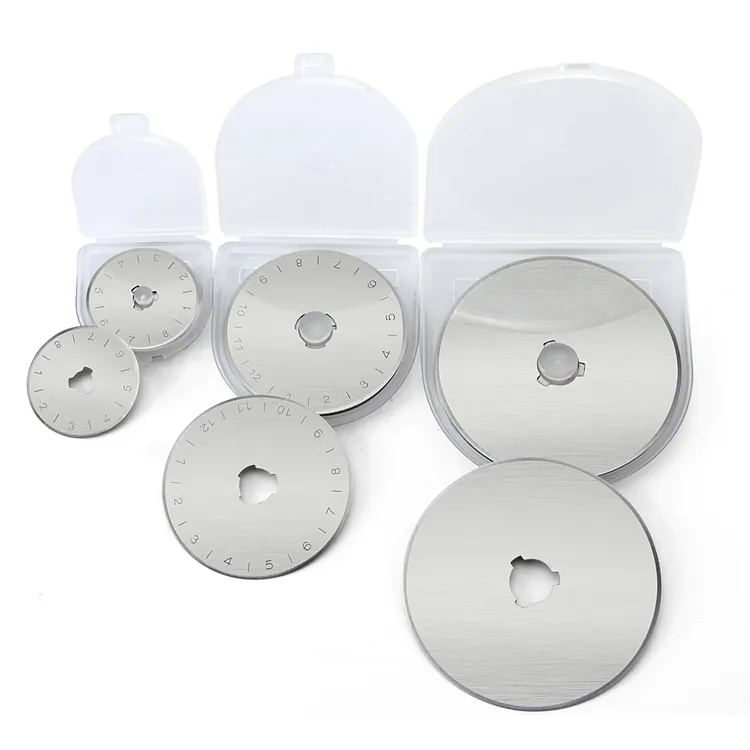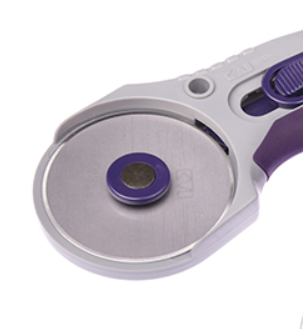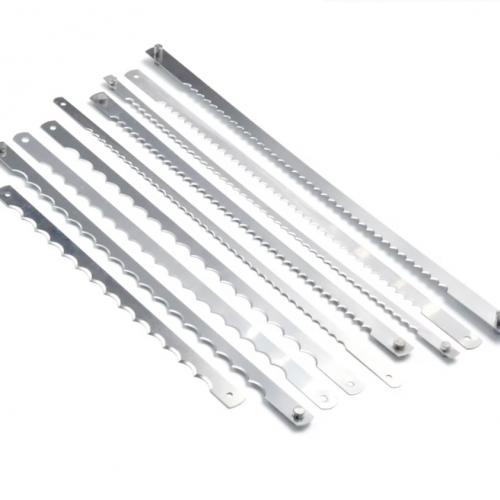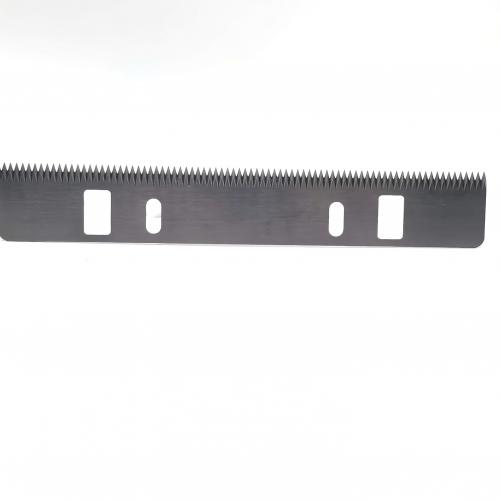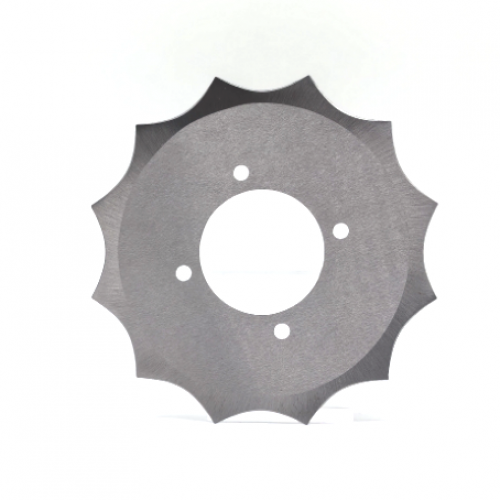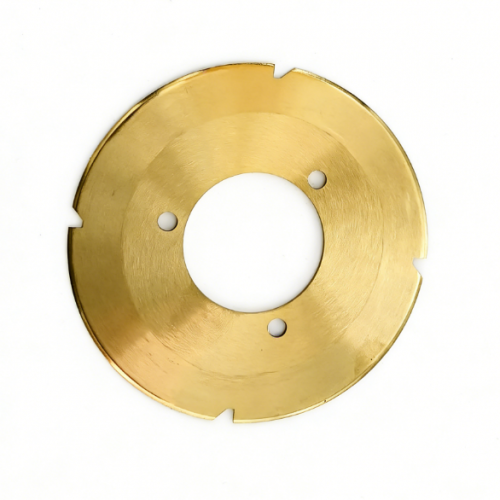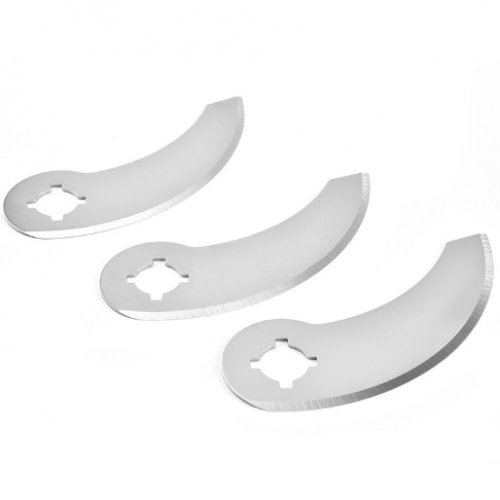Textile Industry knives
Industrial Blades for Textile Industry | PoLi Machine Knives
At PoLi, we engineer precision blades tailored for the textile industry’s evolving demands, from fabric slitting and pattern cutting to technical textile processing. Our solutions ensure clean cuts, minimal fraying, and extended blade life—critical for high-speed production of apparel, nonwovens, and composite materials.
1. Textile Cutting Challenges
Material Diversity: Delicate silks, abrasive fiberglass, elastic knits, and layered technical textiles.
Precision Requirements: ±0.1mm tolerances for intricate patterns and seamless edges.
Speed & Wear: Blades must withstand 1,000+ RPM operations without edge degradation.
Contamination Risks: Avoid oil residues or metal particles on sensitive fabrics.
2. PoLi’s Textile Blade Solutions
A. Blade Types & Applications
| Blade Type | Applications | Key Features |
|---|---|---|
| Rotary Circular Blades | Fabric slitting, roll cutting | Ultra-thin (0.2-1.5mm), mirror-finished edges. |
| Ultrasonic Cutters | Synthetic fabrics, melt-bonded nonwovens | Titanium alloy blades with vibration-optimized geometry. |
| Straight Guillotines | Bulk fabric stacking, denim cutting | High-hardness (HRC 60-62) with anti-static coatings. |
| Laser-Compatible Blades | Laser cutting machine assist tools | Heat-resistant coatings to withstand laser proximity. |
| Air-Jet Loom Blades | Cutting weft yarns in high-speed looms | Micro-serrated edges for clean, instantaneous cuts. |
B. Advanced Materials & Treatments
High-Speed Steel (HSS): M2, M35 D2 grades for balanced wear resistance and toughness.
Carbide Inserts: For abrasive materials like carbon fiber or Kevlar®-reinforced textiles.
Non-Stick Coatings: PTFE or DLC coatings to prevent adhesive buildup in laminated fabric cutting.
3. Performance Advantages
Enhanced Edge Retention
Cryogenic Treatment: Reduces residual stress, extending blade life by 40%-60% in high-speed slitting.
Example: Polyester fabric slitting blades achieve 500,000+ linear meters without resharpening.
Precision & Consistency
Laser-guided grinding ensures edge angles within ±0.05° for fray-free cuts.
Adaptive blade geometries prevent fabric stretching or distortion.
Hygienic & Contamination-Free
Electropolished surfaces (Ra <0.1µm) eliminate fabric snagging and particle shedding.
FDA-compliant coatings for medical textiles and hygiene products.
4. Customization Capabilities
Geometry Optimization:
Custom diameters (20mm-1,200mm), bore sizes, and tooth profiles (e.g., wave, notch).
Material Hybridization:
Carbide edges for wear zones + stainless steel bodies for cost efficiency.
Speed-Specific Designs:
Blades rated for 1,200-2,000 RPM operations with dynamic balance certification.
5. Quality Assurance
Stage 1: Material spectrometry to verify steel grade and purity.
Stage 2: 3D optical scanning for edge sharpness (≤0.2µm Ra) and concentricity (±0.005mm).
Stage 3: Accelerated wear testing under simulated production loads (72h continuous run).
Certifications: ISO 9001, ISO 13485 (medical textiles), OEKO-TEX® compliance.
6. End-to-End Service
Technical Consultation: Share fabric type, machine model (e.g., Eastman, KURIS), and cutting speed.
Prototyping: 10-day sample delivery with on-site testing support.
Bulk Production: 30-day lead time for orders above 500 units, with batch traceability.
Why Choose PoLi for Textile Blades?
Proprietary Edge Tech: Laser-hardened micro-edges resist fiber abrasion.
Global Compliance: REACH, RoHS, and OEKO-TEX® certified for export markets.
Sustainability: Blades are 100% recyclable; refurbishment service available.
Boost Your Textile Efficiency Today!
➤ Free Sample Testing: Submit your fabric specs for a trial blade.
➤ Wear Analysis: Send used blades for a free diagnostic report with upgrade solutions.
Contact us to cut smarter, faster, and cleaner in the textile industry! ✂️


